
Prem Chand
A commemorative postage stamp on the Birth Centenary of ‘Nawab Rai‘ Munshi Premchand, an Indian Hindi writer :
 Issued by India
Issued by India
Issued on Jul 31, 1980
Issued for : Indian Posts and Telegraphs Department is privileged to honour the memory of a great litterateur by issuing a special postage stamp.
Description of Design : The stamp and first-day cover depict the portrait of Prem Chand.
Type : Stamp, Postal Used
Colour : Red Brown
Denomination : 30 Paise
Overall size : 3.91 x 2.90 cms.
Printing size : 3.55 x 2.54 cms.
Perforation : 13 x 13
Watermark : Printed on watermarked adhesive stamp paper
Number printed : 20,00,000
Number per issue sheet : 35
Printing process : Photogravure
Designed and printed at : India Security Press
Name : Dhanpat Rai Srivastav
Born on Jul 31, 1880 at Lamhi, North–Western Provinces, British India [now in Uttar Pradesh]
Died on Oct 8, 1936 at Varanasi, United Provinces, British India [now in Uttar Pradesh]
About :
- Nawab Rai/Dhanpat Rai (pen-name ‘Prem Chand‘) was born on 31 July 1880 in Lamahi, a village near Varanasi in Uttar Pradesh.
- His earliest schooling was in Persian and Urdu with a Maulvi in a village nearby. Later, he joined an English school in the city and passed his Entrance examination in 1898. His school education then came to an end because with the death of his father in 1897 (his mother died when he was only 8), he had to earn a livelihood. He passed his Intermediate and B.A. examinations as a private student years later while in service. He took up a teacher’s job in a private school at Chunar (off Mirzapur) shortly after he passed his Entrance examination. After one academic year at Chunar, he joined government service and taught at various places in Uttar Pradesh for twenty-one years. Responding to Gandhiji‘s call to the government servants to give up their job, he resigned from service on 16 February 1921. This was a crucial decision for him as he did not know where his next meal was to come from. However, with his wife, Shivrani Devi, a child widow he had married in 1906 and who bore him six children (three of whom are alive), steadfastly supporting him, the momentous decision was taken. Thereafter, he worked for a short spell at the Kashi Vidyapeeth and then at a private institution at Kanpur as Headmaster. However, after about a year he was back in Varanasi and set about establishing a printing press and a publishing house. Half-way through he ran out of money and was forced to seek a job again. He took up the editorship of the Hindi magazine Madhuri and held it for six years. Then he brought out his own magazine Hans, followed by the weekly Jagaran, ran into substantial debts on their account, joined a film company at Bombay to wipe off debts, found the film-world distasteful and was back home within one year. Shortly thereafter, he fell ill and died on 8 October 1936.
- The earliest writings of Prem Chand is a short novel in Urdu called Asrar-i-Maabid (Mysteries of a Temple) serialised in a Benares weekly (1903-1905). Next came a small collection of patriotic stories, Soz-i-Watan, published in 1909. It was banned by the Government and its copies burnt. That led him to adopt the pen-name ‘Prem Chand‘ in 1910. Bare Ghar Ki Beti was the first story to appear under the new name.
- In his creative life of thirty-three years he has left behind a body of work which is outstanding in quality and stupendous in quantity. It consists of some three hundred short stories (some of them still surfacing), fifteen big and small novels, three plays, a few translations, some essays on languages and literature, and a sizeable bulk of journalistic writing.
- With stories like Kafan, Poos Ki Raat, Savaa Ser Gehun and Sadgati and novels like Premashram, Rangbhumi, Kayakalpa, Gaban, Karamabhumi and Godan as also shorter ones like Nirmala and Pratigya, he took the Urdu and Hindi fiction into the wide world of live flesh-and-blood human beings, thus making it a truly modern genre of writing – a vehicle of the writer’s social concerns. The short story is the genre, in particular, wherein he is considered one of the great world masters. He is universally acknowledged as the best portrayer of peasant India among modern writers. He has been widely translated at home and abroad.


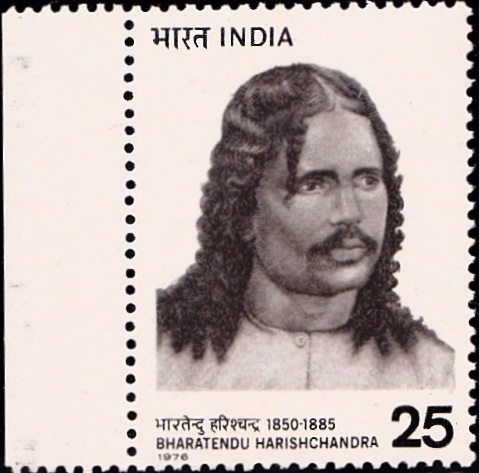
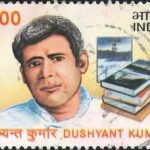
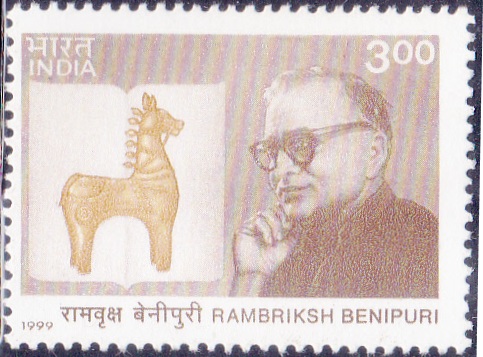
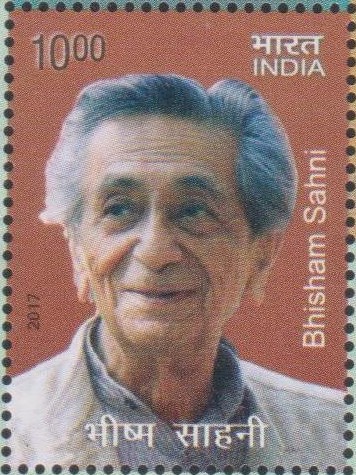
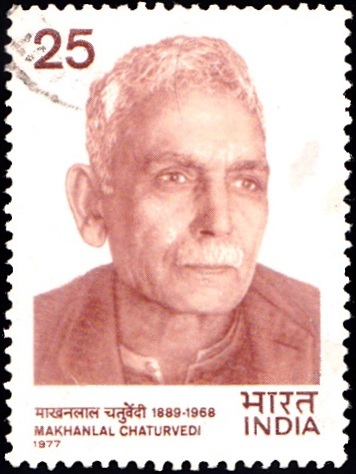

[…] Mohan Senapati belongs to the calibre of great writers like Premchand and Bankimchandra. He was self educated and studied assiduously in Sanskrit and English and in no […]
[…] his literary career as a poet, Nanak Singh got initiated into the genre of novel by reading Prem Chand. With unparallel zeal to change society, and with his idealistically reformist vision, he wrote […]
[…] Sasakthikaran Puraskar’ in 2001 from the Hindi Sahitya Akademy, Delhi. She received the ‘Prem Chand’ award for her work ‘Mujhe Maaf Karna’ (Forgive me). Hers was indeed a case of walking the […]
[…] no time to become its founding member and attended its first conference at Lucknow presided over by Premchand. The movement attracted the best minds of the time such as Faiz, Firaq, Manto, Krishan Chander and […]